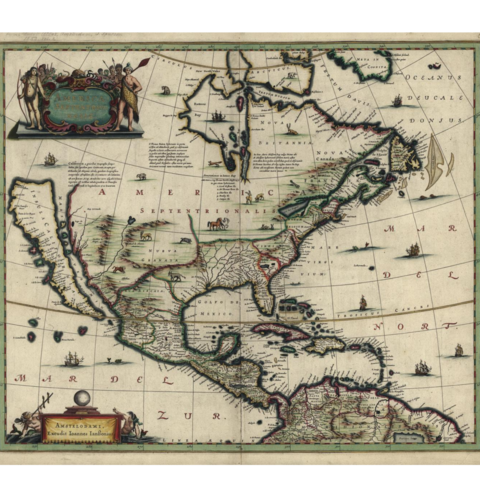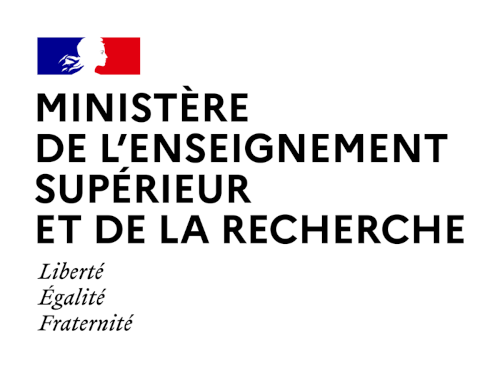Speaker:
-
Julián González de León Heiblum
Fellow MIAS - François Chevalier
Casa de Velázquez
Salle Widor
Time: 11:30-13:30
The seminar will also be accessible online.
Please fill in the form to get the link to join the seminar.
Since the last decade of the fifteenth century, the Alexandrine Bulls and the Treaty of Tordesillas created a legal order that sustained the Iberian monopoly over Atlantic exploration and colonization until the late sixteenth century, when England, France and the Netherlands began disputing it. In this seminar I will explain how, from the 1570s, several jurists, geographers, cartographers, traders, courtesans, and monarchs from these places tried to open the Atlantic space, sometimes coordinating their efforts, until they managed to found numerous colonies in North America during the first decades of the seventeenth century, against the opposition of the Iberians. To achieve this, they had to define, and sometimes redefine, issues of imperial authority, possession rights, maritime sovereignty, and the subjecthood of the “indigenous” peoples in this space. By 1630, a new trans-imperial juridical order had been established that determined the Atlantic dynamics for at least the following century.
Image: Jansson, J. (1652) America Septentrionalis [Map]. Retrieved from the Library of Congress, www.loc.gov/item/2006629174/.














